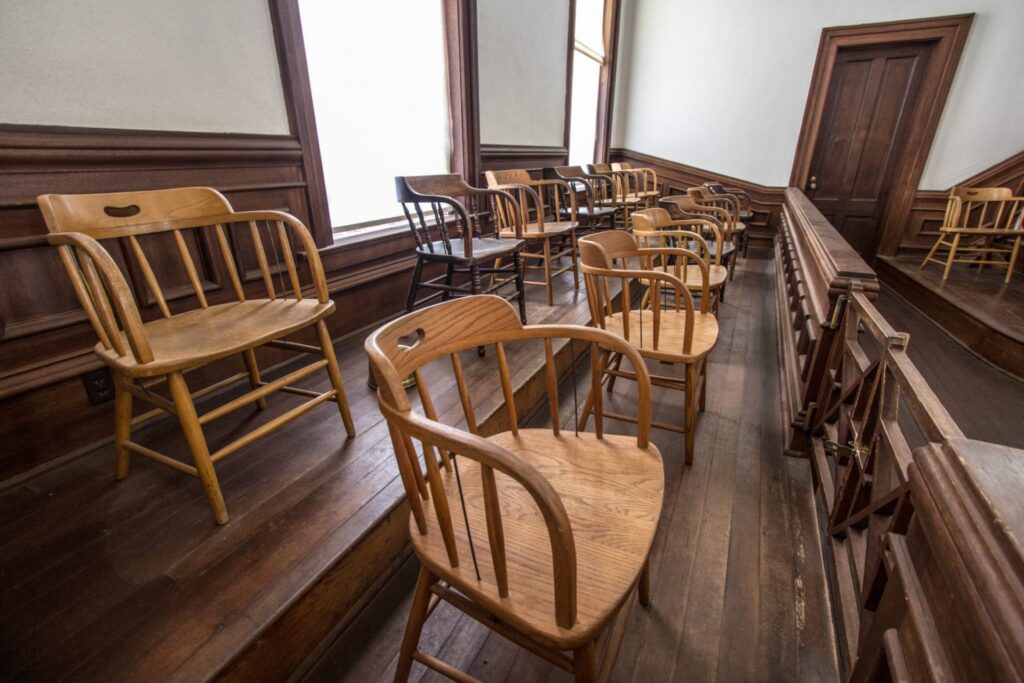If you and the District Attorney’s office cannot agree on a resolution in your criminal case, the Court will prepare for your trial by setting a jury selection date. The actual trial will likely be set sometime in the weeks following your final court appearance, which is normally the dispositional conference.
The trial dates and jury selection dates should be known to both you and your attorney, far enough in advance that he/she can prepare a proper criminal defense of your case.
Call 207-571-8146 or contact us online to schedule a consult with one of our highly skilled criminal defense & OUI lawyers, serving Southern Maine, today.
Table of Contents
Maine Juror Questionnaire
Potential jurors are contacted months in advance from all over the county and asked to fill out questionnaires about themselves. Those questionnaires include questions about past and present employment, relationship to members of law enforcement, any medical issues the would prohibit them from serving on a jury and any additional information the court should know about in advance, such as issues with serving as a juror that weren’t covered in the questionnaire.
Your attorney should access these questionnaires in advance of jury selection in order to get an idea of which, if any, potential jurors may pose a problem in your case. By reviewing the questionnaires in advance, your attorney will be better prepared for the fast pace of jury selection.
Day of Jury Selection
On the day of jury selection, potential jurors enter the courtroom, where the judge, the State’s attorney, you, and your own attorney are waiting. The judge then asks the jurors a series of questions about their knowledge of the case, relationships with law enforcement, and whether or not they can be fair and impartial in serving on a jury. Having an attorney represent you is crucial, as he or she can use the information provided during this questioning to determine whether they can immediately be struck from your case “for cause”, giving you the fairest jury possible. An attorney can also suggest questions for the judge to ask in addition to the more generic questions already posed, but the judge will only do so for good cause.
A good attorney can effectively argue why certain questions will better determine who can be impartial and he/she can oftentimes ferret out potential biases in jurors. Oftentimes, jurors are called up to the side of the judge’s bench (referred to as sidebar), based on how they may have answered a question in open court. This is done to ensure that any information disclosed by the juror remains confidential and private, but also to ensure that the remaining members of the jury aren’t influenced one way or the other by that juror’s answers.
What Happens Ater Juror Questioning
Once the judge poses all of the questions and both parties (prosecutor and defense attorney) have had an opportunity to be heard on potential juror objections and/or had an opportunity to ask additional questions of the jurors during the sidebar session, the clerk of court will begin pulling random numbers that were previously assigned to the jurors. In the case of a misdemeanor, the clerk will pull 23 numbers at random, which comprise the juror pool to choose from in your case. From that 23, each side gets to strike 5 members of the jury, leaving you with 13 jurors, one of which is an alternate in the event that one of the jurors are unable to fulfill their juror obligation during the trial. Both the State and you/your attorney can strike potential jurors from being on your jury for almost any reason with “preemptory strikes”. However, there is case law prohibiting anyone from striking a juror for blatantly discriminatory reasons, but neither you nor the State’s attorney need to give a reason for using a preemptory strike.
The Final Jury Panel
After all strikes are used, the jury is picked and you’re left with 13 or 14 people on your juror panel. The number of alternates is usually agreed to ahead of time as more serious cases that may take longer to decide will likely call for 2 alternates, while a one day OUI trial that starts the following Monday may only call for 1 alternate. There are twelve members who will officially deliberate your case, and one or two who are considered alternates. These two will watch the entire trial, but will be dismissed before deliberation unless something happens with the twelve other jurors. In addition, only the judge, the attorneys and the court clerk know who the alternates are. Because we want our alternates to be prepared to step in if needed, we don’t tell them who they are as they likely will “tune out” and not pay attention to the trial.
Jury selection is a fast-paced process that can seem confusing and overwhelming to both clients and attorneys alike. As such, we’re including a link with additional information that you can click on if you’re really curious. Juror information page
If you are facing criminal charges, contact the attorneys at The Maine Criminal Defense Group immediately to schedule a consultation and prepare for any chance of going to trial. Call us directly at 207-571-8146.
Call 207-571-8146 or contact us online to schedule a consult with one of our highly skilled criminal defense & OUI lawyers, serving Southern Maine, today.
Blog Posts

If you receive a traffic ticket in Maine, you may be facing far more than demerit points or an administrative penalty. You could be facing criminal sanctions and a permanent[...]
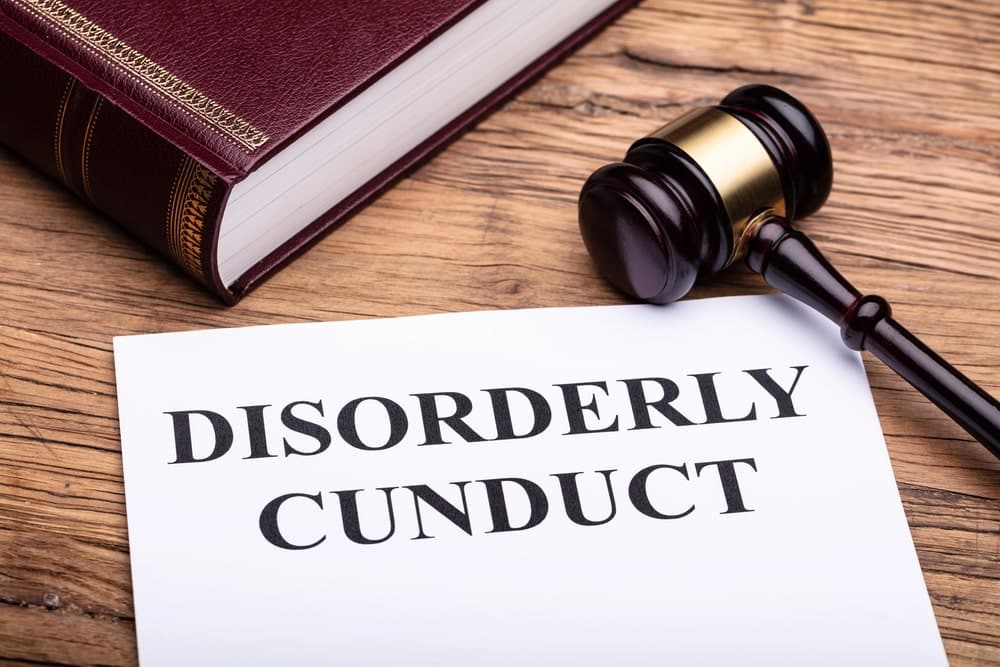
In Maine, disorderly conduct laws effectively make disturbing the peace a criminal offense. While disorderly conduct is considered one of the least serious offenses under Maine’s Criminal Statutes, it can[...]

Any criminal charge for a drug-related offense is a serious matter in Maine,but how consequential the outcomes can get may depend on whether the charge is filed at the state[...]


Self-defense laws in the U.S. are complex, vary from state to state, and are often misunderstood. “Stand your ground” laws allow an individual to use deadly force in self-defense in[...]
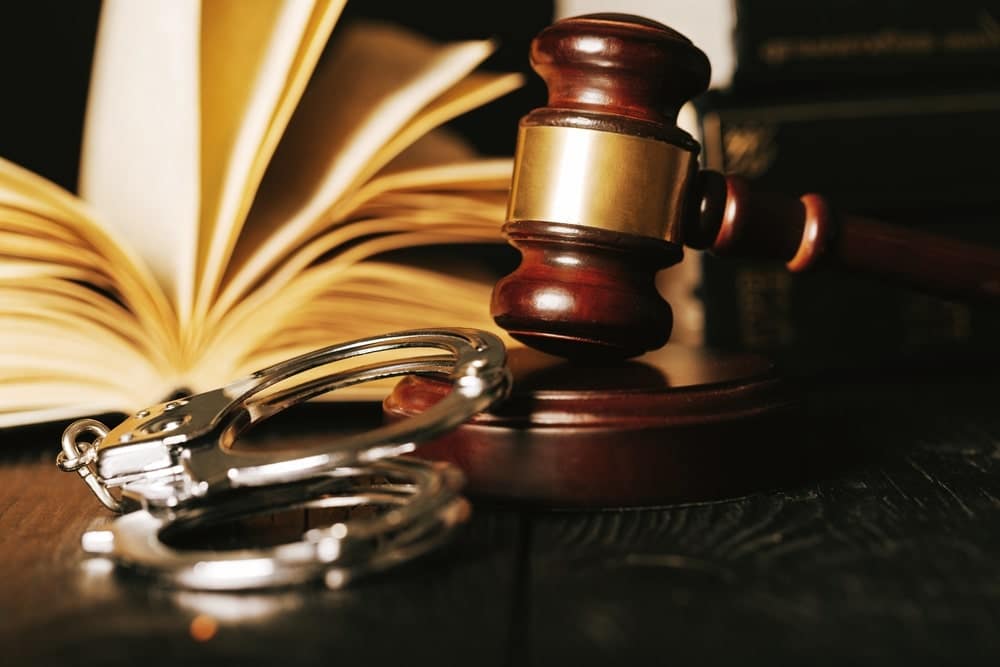
Every day in Maine, people are charged with crimes that they did and did not do. Fortunately, in the U.S., we have a justice system that says you’re innocent until[...]
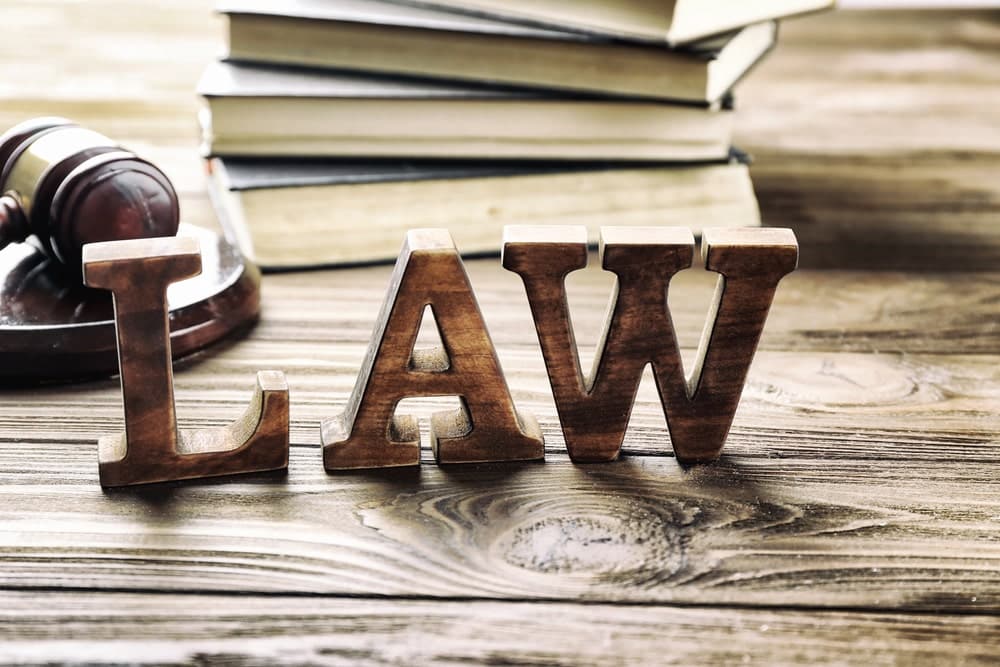
Expungement is the practice of legally erasing or striking out documents or information relevant to criminal charges. It’s not possible to expunge a criminal record in Maine. However, other avenues[...]

If you have been arrested or are under investigation for a crime in Maine, it is crucial to retain the services of a competent and experienced criminal lawyer. A criminal[...]
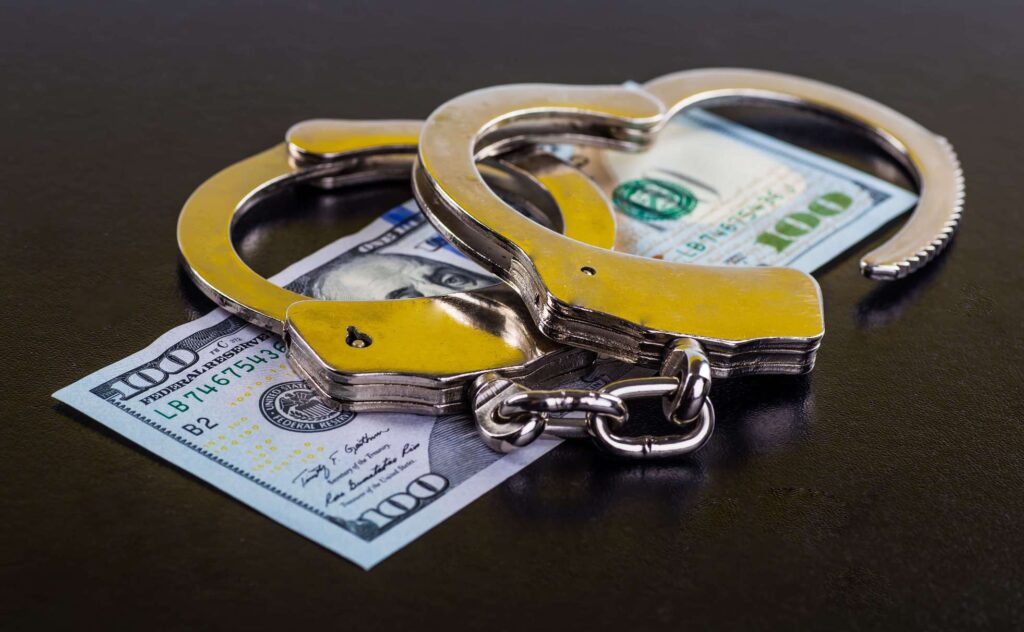
Bail Code in Maine Title 15, Chapter 105 of the Maine Revised Statutes governs all issues pertaining to bail in Maine. When a defendant has been arrested and charged with[...]

In the span of less than 5 decades, computers have utterly transformed our society. Those of the baby boomer generation will be able to appreciate the scale of this transformation[...]
